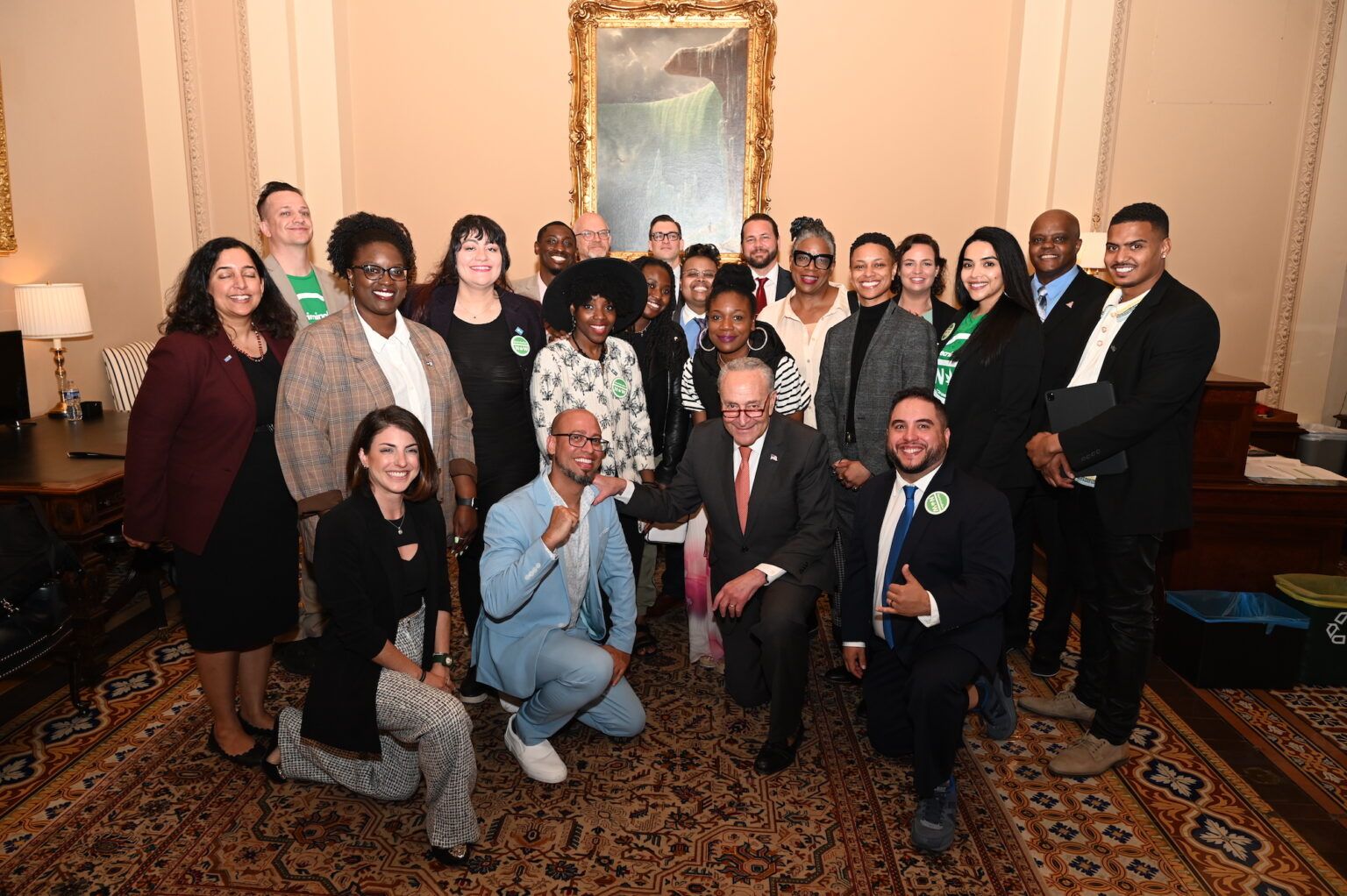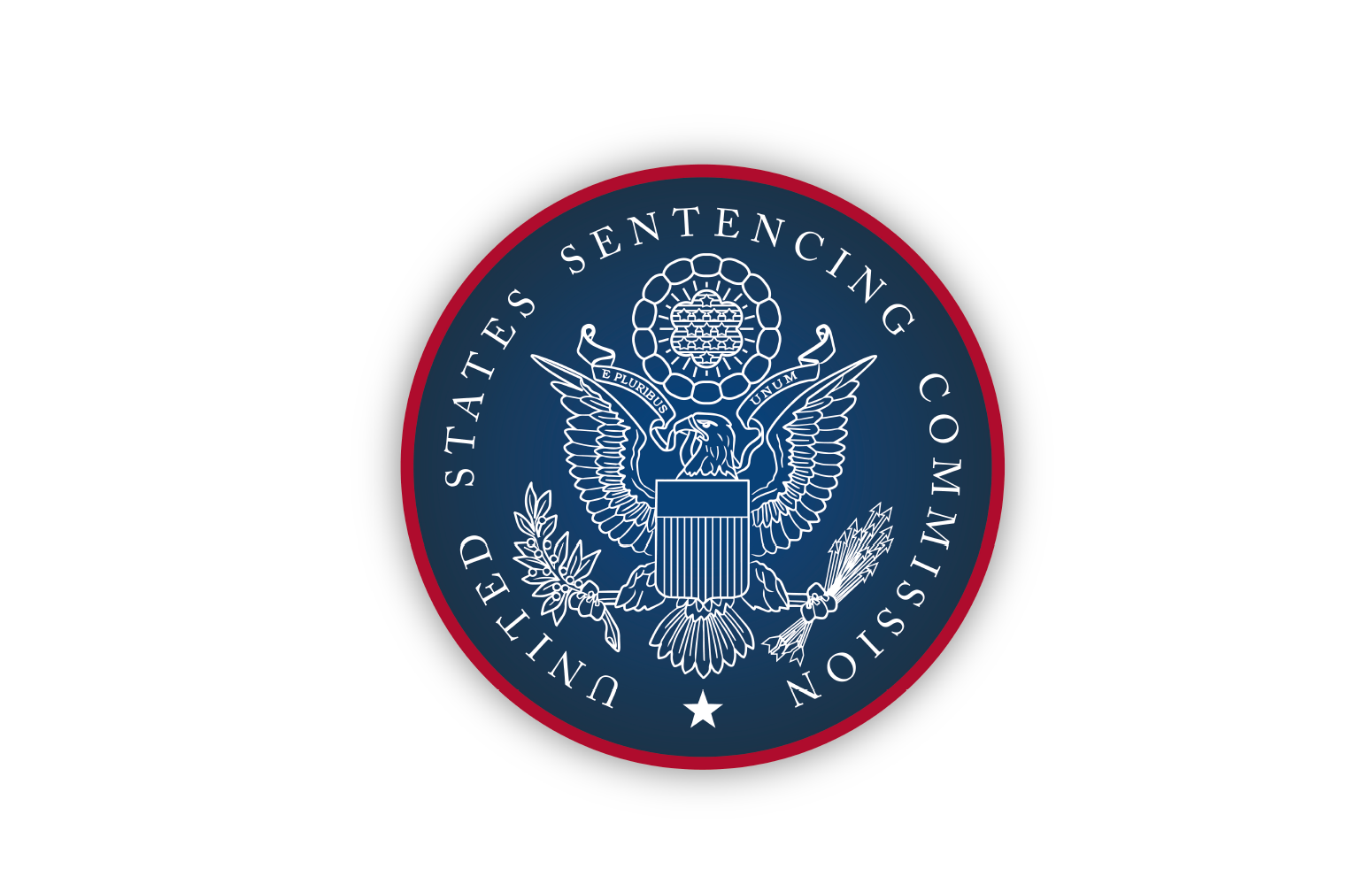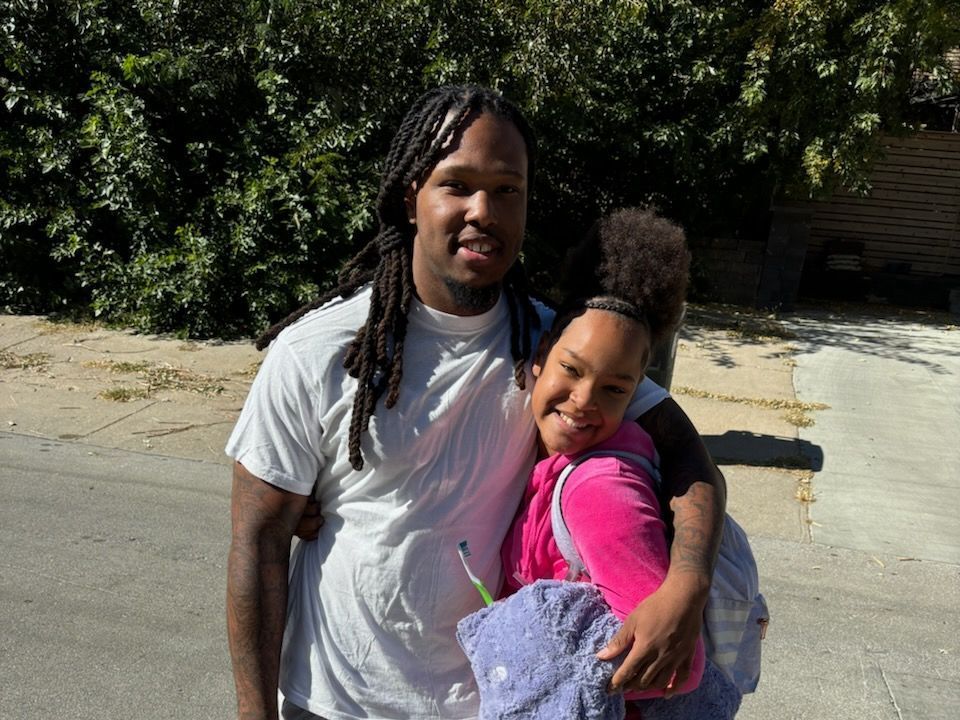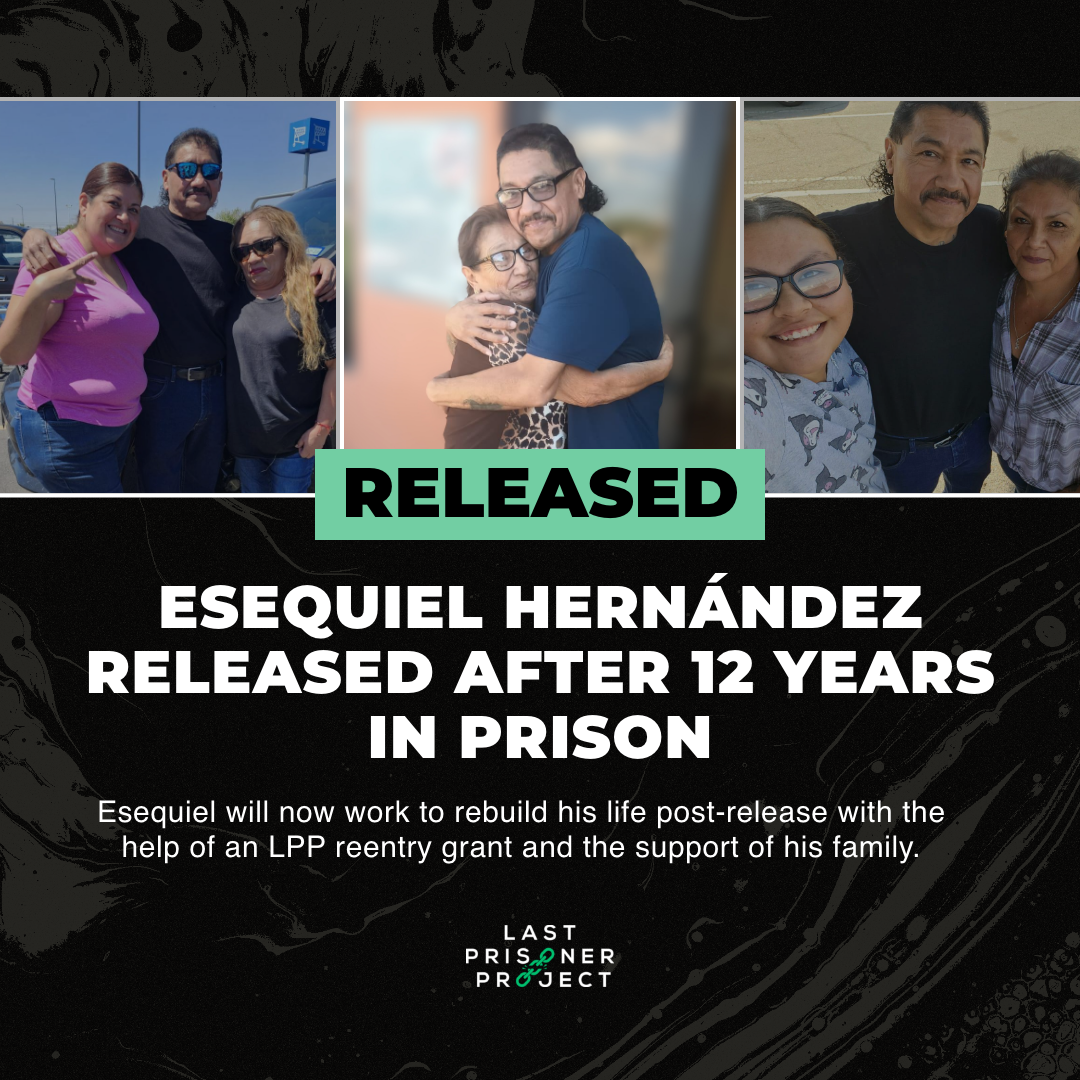Last Prisoner Project Supports the Reintroduction of the Cannabis Administration and Opportunity Act (CAOA)
This week, Senators Booker, Schumer, and Wyden reintroduced the Cannabis Administration and Opportunity Act (CAOA), comprehensive legislation that would legalize cannabis federally, expunge cannabis records, and release cannabis prisoners.
Here are just a few highlights to help breakdown this bill:
- CAOA, if passed, could finally decriminalize cannabis on the federal level.
- Federal courts would have 1 year to expunge or seal arrests, convictions, and juvenile delinquency adjudications for most non-violent federal cannabis offenses. They'd also be required to educate recipients on the effects of their expungement(s).
- Some federal cannabis tax revenue would be directed to organizations that help people secure state-level cannabis expungements.
- The Bureau of Prisons would have 60 DAYS TO RELEASE (and vacate the convictions of) individuals serving tiem for most federal cannabis-only offenses.
- Individuals whose convictions don't fall under those guidelines, or whose sentences were enhanced because of prior cannabis convictions, would be able to petition the court for a reduced sentence.
- The feds wouldn't be able to deny people federal public assistance because of cannabis use, possession, or convictions. They also would not be able to consider cannabis a controlled substance for the purposes of immigration proceedings.
Read more about the CAOA here and read recent coverage in Filter Mag and Marijuana Moment of our 420 Unity Day where we joined with advocates to talk to Sen. Schumer and other lawmakers about the CAOA and other efforts to enact cannabis justice




The Last Prisoner Project. All rights reserved.
Last Prisoner Project is a 501(c)(3) tax-exempt organization with EIN 83-4502829. Mailing address: 1312 17th St #640 Denver, CO 80202. Our governing documents and conflicts of interest policy can be found here. Our Privacy Policy can be found here.
Website built on KUSHY



